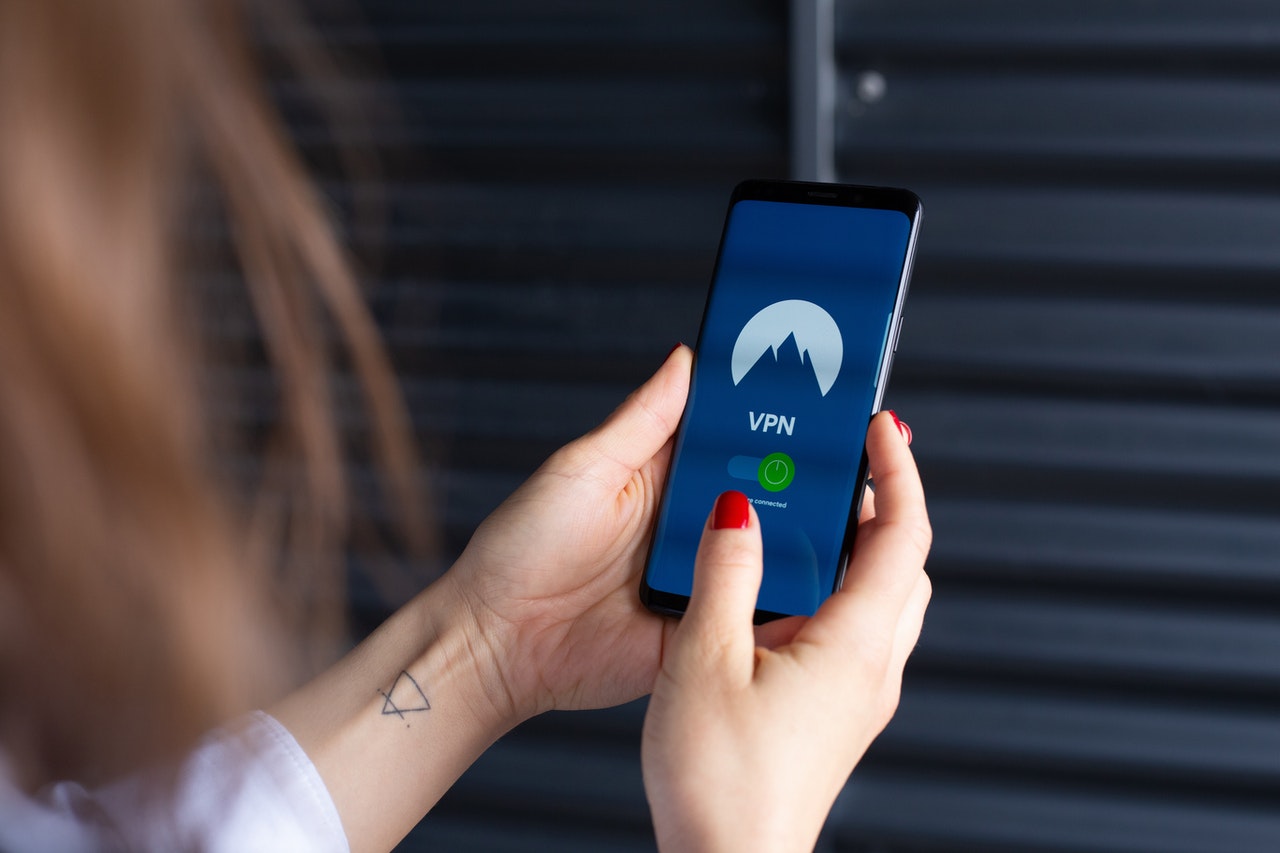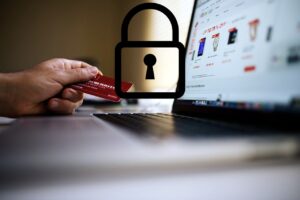With households around the world becoming ever more acquainted with the joys of remote working and homeschooling, discovering and solving the challenges of working from your spare room has become the norm.
As lockdown settles in and with no end in sight, making the best of these tough and unprecedented times is at the forefront of everyone’s mind.
What needs to be considered and evaluated, and that is our online safety when working at home during the COVID-19 outbreak and how to remain safe online at all times.
With more of us taking to our home internet connection to conduct private tasks and with sensitive material available in the use of our own homes, how many of us are checking the security of our internet set up?
Keep reading to discover the importance of online security and our 5 recommended top tips on how to remain safe online when working from the comfort of your home during the coronavirus lockdown.
The importance of online security
A vital part and an essential element that should be considered when using the internet and that is our cybersecurity. The importance of cybersecurity is the difference between being hacked and being secure.
When operating on an insecure network, it is not just our vital work data that can be discovered, but also our personal and private health information, information that we want to keep secure away from prying eyes.
As more and more people turn to using their insecure internet to conduct daily activities, more reports of sabotage and hacking is expected to occur in the upcoming months.
This evidence of the need for a secure internet connect has been highlighted as of the 20th April with Google announcing a flaw with their Chrome extension. Asking users of Chrome to urgently update their browser, regardless of the device being used. This flaw is estimated to affect over 2 billion users worldwide, but the true damage of this flaw is yet to be revealed until they are confident that the majority of users have updated their settings.
Why is cyber-security on the rise? This rise and need to continually be evaluating our internet security can be seen in the rise of cloud service and lack of VPN when working at home.

What is a VPN?
When it comes to internet security and staying safe when accessing the internet, whether at home or at work, a VPN is a recommended tool. For those unaware VPN stands for virtual private network and is a valuable tool that offers you online privacy and a secret identity when using the internet through the creation of a private network.
This added anonymity is created through the VPN making the IP address, all movements and activity that you conduct online untraceable. A secure and encrypted service, along with added privacy, users of a VPN service are less traceable.
When it comes to how to remain safe online during the COVID-19 outbreak, it is highly recommended that if you have yet to do so, to consider a VPN service.
How to remain safe online?
1- Check that you have secure internet access and VPN
As previously touched upon, we have highlighted the importance of a VPN, whether to keep your data secure or to make your online movements untraceable, a virtual private network is a recommended tool.
Before lockdown, we would take our laptops to coffee shops, office to office, not worrying about the WIFI connection that we were connected to. Any WIFI connection that you connect to is potential to hacking, making any data that you access and send across that connection available for hacking.
Checking that you are connected to a secure network before transferring any private data and bank details is highly recommended.
2- Monitor what you download
One of the most common ways that we are hacked and our data is compromised and that is through the downloading of malware. By monitoring and checking the reliability of apps and programs that you download, you can minimise the chances of private information being stolen.
With malware being smartly disguised, this can come in the form of an app or game. How do you ensure that you are not potentially downloading malware? Check the site that you are downloading from, and if it looks suspicious, reconsider pressing download. Go with your gut.
3- Choose strong and difficult to guess passwords
When it comes to internet security, the passwords that we choose are often the biggest weak spots and the area where hackers are able to access private data. One of the biggest reasons why hacking is so easy and that is the passwords that people choose. Often recycling the same passwords, or opting for something simple like 12345, these can feed the hackers ability to access our computers, data and sensitive information.
Consider making strong and difficult passwords, passwords that include numbers and symbols are harder to discover and more complex. A simple task, we recommend creating strong passwords today.
4- Keep your privacy settings on
Another simple step that can help to keep your private information private, and that is the switching on of your privacy settings. With hackers able to discover all about your interests and hobbies through the monitoring of your browsing history, take away this valuable knowledge and turn your privacy settings on.
From your Facebook account to your web browser, make this quick switch and keep your personal information and interests private.
5- Safe browsing
It may seem simple and an obvious top tip on how to remain safe online, but practising safe browsing is highly recommended. By making sure to stay on safe and secure sites, try not to venture off to insecure sites. Entering and clicking onto a dangerous site could lead to the offering of personal data to hackers. One way that you can check that the site that you are entering is secure and that is by checking the SSL certificate that is often presented in the top left hand corner by the url address. Http’s at the beginning of the url instead of http shows the site has a valid SSL certificate and that it is secure

6- Shop only on secure sites
As mentioned in the point above, the importance of browsing and shopping on secure sites is highly recommended. By checking the SSL certificate by looking for the padlock symbol in the top left hand symbol, you can be confident that you are browsing on a secure site. This breech of vital bank information will be accessed when providing either your debit or credit card information at checkout. By checking the security settings of the site, you can feel confident to part with your hard earned money and conduct that transaction.
7- Update your antivirus software
You can use a VPN tool and practice safe browsing, but without updating your antivirus software, all your efforts will be wasted. While the use of an antivirus software cannot keep you 100% protected and secure against all potential hacks, it can detect and remove malware, helping to make you more secure.
While many homeowners take out and purchase an antivirus software, the renewal of this software is often ditched further in the future.
Consider updating and investing your antivirus software, helping to keep you secure when scrolling around the internet.
8- Practice common sense when meeting people online
The final of our top tips on how to remain safe online and that is to practice common sense when meeting new people online.
It may seem an obvious tip, but be wary of people that you meet online, as not all people are who they say they are. Just because the gentleman on the other side of the email says his name is John Smith, does not mean that he is real or in fact a real person.
Question who you are talking to and do query of what they are asking of you. By practicing a little bit of common sense, you can practice self care and ensure that you remain safe at all times when on the internet.
Conclusion
As the way we access the internet and our habits on the internet continuously change, the need to practice secure searching over the internet is more important than ever before.
Highlighted throughout the COVID-19 outbreak, with students and employees sharing their home internet connection to access and complete required tasks, the need to keep up to date with their security settings should be paramount.
From making sure that you are using a VPN, browsing and shopping on only secure sites to updating your antivirus software, all the above tips on how to remain safe online are simple and well known, yet surprisingly forgotten or ignored.
By taking the time to familiarize yourself with the above top tips, you can ensure that you can continue to keep you and your family safe online even during these uncertain times.
Have you had your internet security jeopardized? We would love to hear from you and to discover which of the above points, you believe would have proved vital in keeping your online presence secure from hackers.

Be the first to comment on "Remaining Safe Online When Working At Home During COVID-19"